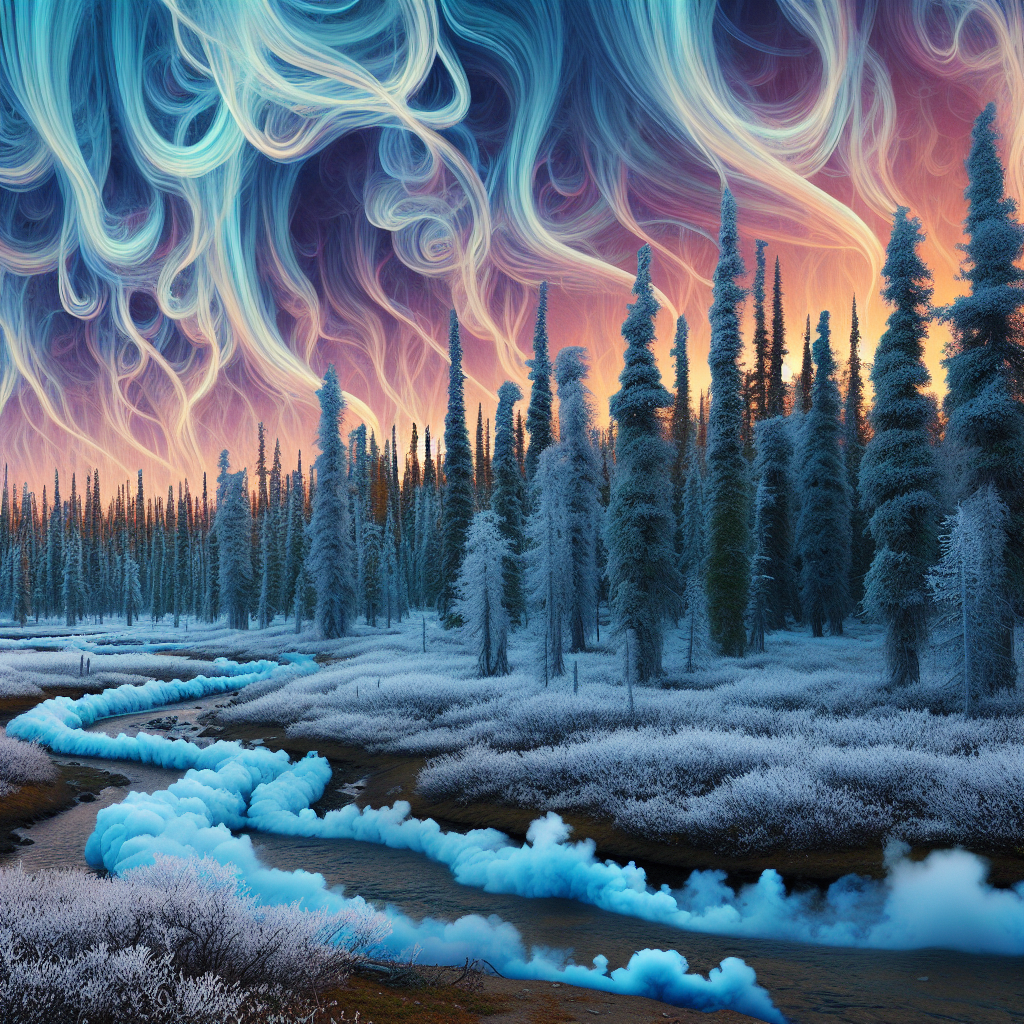November 1, 2024
A 20-Year Study on Carbon Monoxide Fluxes in Permafrost Forests amidst Climate Change
Book a Demo
A research team from Osaka Metropolitan University has conducted a comprehensive long-term study on carbon monoxide (CO) fluxes in northern forests situated on permafrost. The study, which spanned two decades from 2003 to 2022, offered a fascinating insight into the intricate relationship between climate change and carbon sources and sinks.
The study’s findings indicate that climate change has led to a substantial increase in both carbon sources and CO sinks. Interestingly, the observations made during the first decade of the study revealed that CO sinks were turning into sources. However, the tables turned during the second decade, which saw a remarkable increase in CO sinks by nearly 20%.
One of the intriguing discoveries made during the course of the study was the role of warming in promoting the growth of black spruce trees. The researchers found that the increase in temperature led to wetter conditions, which in turn, facilitated the spruce trees’ growth. These trees play a crucial role in absorbing the increasing volumes of CO that are being released from human activities.
Despite these important findings, Associate Professor Masahito Ueyama, a key member of the research team, emphasized the necessity for more long-term observations. He explained that applying these findings to a future scenario characterized by continued warming presents a significant challenge. Therefore, there is an urgent need for further studies that can provide a more comprehensive understanding of this complex situation.
The research has been published in the renowned Proceedings of the National Academy of Sciences. The 20-year study of Alaskan permafrost forests has revealed unexpected patterns in CO2 exchange due to warming. These findings have critical implications for our understanding of climate change, challenging the existing models that predict its impacts.
The study has highlighted the urgent need for additional long-term studies. These future studies could help refine our understanding of the complex dynamics between climate change, CO fluxes, and permafrost ecosystems. They could also assist in developing more accurate models that can predict the impacts of future warming on these important ecosystems.
Science4Data is committed to cut through greenwashing and measure real impact. Join the journey to a sustainable future. Your actions matter.



